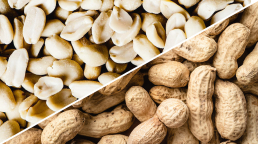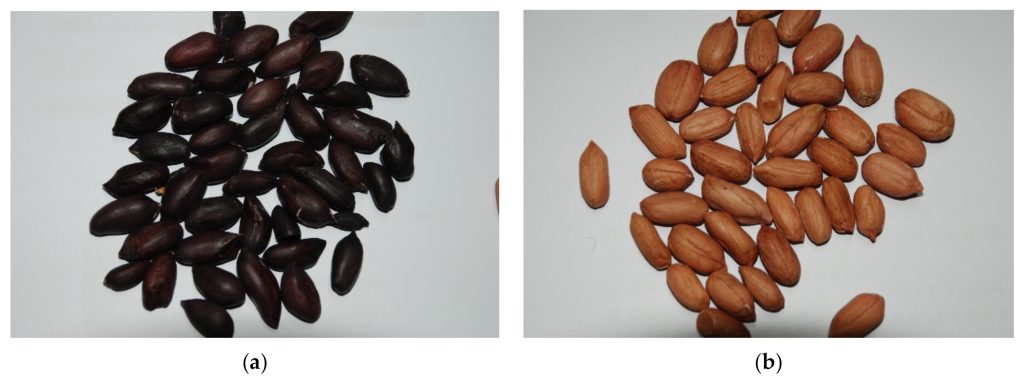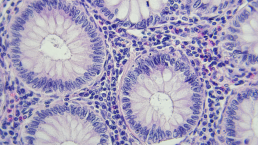
The Health Benefits of Peanuts
New research has just been published about peanuts and their health benefits.
This comes amidst the publication of other notable nutrition-based research studies on Pep19 and ultra-processed foods, previously covered on the MDPI Blog.
This study, published in Nutrients in July 2022, takes a closer look at this nut, which, you may be surprised to hear, is not a nut at all!
All About Peanuts
The humble peanut (Arachis hypogaea) is a legume grown in the ground, mostly in China, Africa, and the Americas.
Most people around the world are familiar with the peanut. It’s regularly eaten as a snack food. But it’s also used in cooking, in the form of peanut oil and peanut butter.
Why People Avoid Peanuts
Peanuts contain a large amount of protein. For every 100g of peanuts, 25g is protein. They’re also high in various vitamins, including vitamin B6, which improves the immune system and is good for brain development. They also aid digestion thanks to their high fibre content.
Despite these benefits, there are limitations to their consumption. Often, this is because peanuts contain a high number of calories, and are therefore believed to cause weight gain.
Weight Loss
The research study, conducted at the University of South Australia, indicates that peanuts can help people lose weight.
Kristina Peterson, a faculty member at Texas Tech University, and her team wrote the paper. Peterson said, ‘Our study found that peanuts, which are high in healthy unsaturated fats, can actually aid weight loss.’
The Experiment
Two large groups of Australian adults were used in this study. They were all at risk of type 2 diabetes. They were given counselling to restrict their dietary intake.
The first group was given a handful of peanuts before each meal. They ate some thirty minutes before lunch, and then again thirty minutes before dinner. They consumed 400 extra calories per day.
Meanwhile, the other group ate no peanuts, but learnt how to maintain a low-fat diet.
In the end, they found that, paradoxically, those eating the peanuts actually lost slightly more weight than the control group.
Peterson goes on to explain the benefits of eating the legume.
‘Peanuts are often avoided when people are trying to lose weight because they believe peanuts contain too many calories. However, peanuts actually have a high satiety value, meaning they keep you feeling fuller longer and that can be really helpful for those on a weight loss diet.’
More Peanut Research
The Special Issue ‘Peanut: A Promising Star to Feed the Future’ in Agronomy features several studies about this food.
One of these research studies was ‘Resveratrol Biosynthesis in Hairy Root Cultures of Tan and Purple Seed Coat Peanuts’. It found that both purple and tan peanuts contain an elusive compound that has antioxidant and anticancer effects.

Figure 1 in the Agronomy study.
Peanuts aren’t often considered a superfood, but given what we now know about them, perhaps they should be. It’s important to keep this momentum going. There’s plenty of room for more research covering them and other foodstuffs.
MDPI Foods is a journal that regularly features research on many different foods, such as honey, pears, and even surimi. The journal currently has many different Special Issues open for submission.
If you’re looking to submit research on food safety, look no further! Foods has a Special Issue that you can contribute to, called ‘Recent Advances in the Food Safety and Quality Management Techniques’. You have until November 2022 to submit.
For manuscripts on foods that can potentially cure diseases, take a look at ‘Functional Foods and Neutraceuticals for the Prevention of Liver and Cardiovascular Diseases’. It also closes in November.










